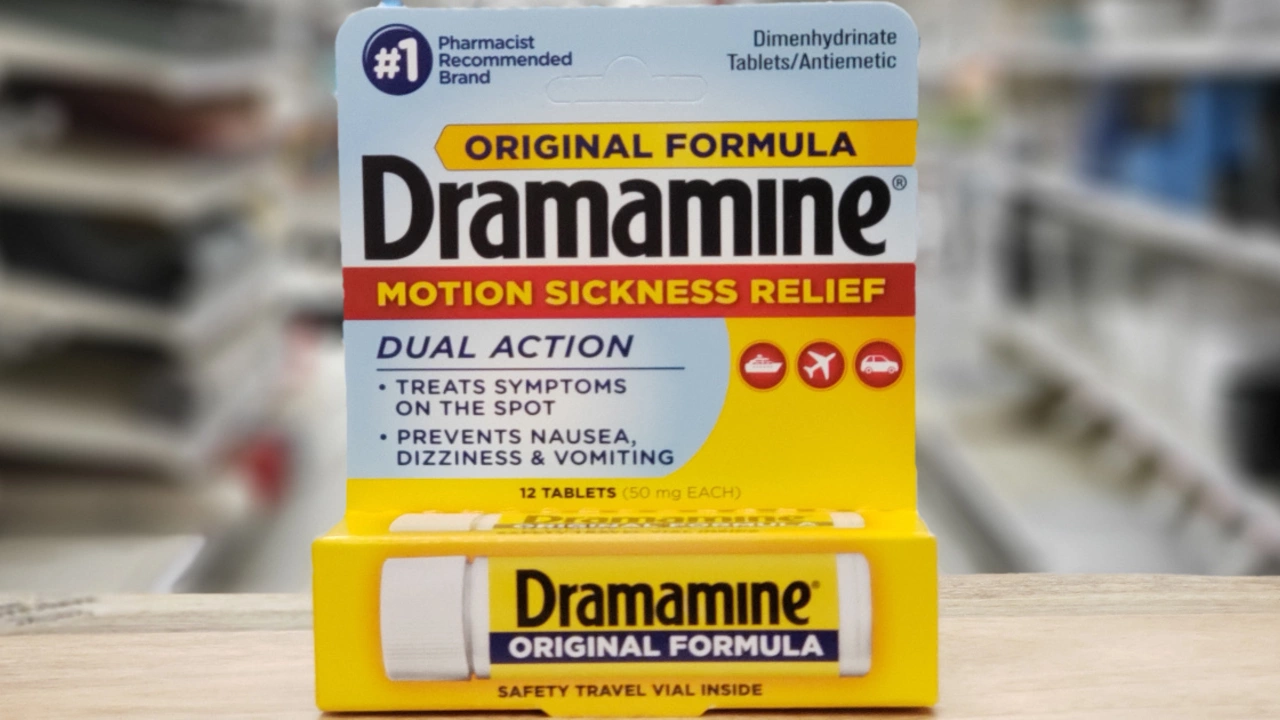Effectiveness: How to Judge Drug and Treatment Results
Ever read a headline that promised a miracle drug and wondered if it’s real? Effectiveness is what matters in everyday life — not just shiny trial results. Here’s a straight, useful guide to tell whether a medicine or treatment will actually help you, what to trust, and what to double-check before you act.
Real-world effectiveness vs clinical efficacy
Clinical efficacy comes from controlled trials: ideal patients, strict dosing, close follow-up. Real-world effectiveness is how a drug works when normal people take it — with missed doses, other meds, and messy health. A medicine can show high efficacy in trials but deliver smaller benefits in the real world. Check whether studies include diverse patients and long-term follow-up. If research only covers young, healthy participants, the results might not match what older adults or people with other conditions will experience.
Look for outcomes that matter to you. Trials that measure lab numbers — like cholesterol or seizure frequency — can be useful, but ask whether they also measure quality of life, hospital visits, or daily functioning. Those are often more relevant than a single lab change.
Practical checks before trusting a claim
Source matters. Prefer peer-reviewed journals, established health agencies, or respected medical centers. Be cautious with press releases, marketing pages, or single small studies. Smaller studies and those funded by a company selling the drug can be biased; they’re not always wrong, but they need stronger confirmation.
Compare head-to-head studies when possible. If two drugs treat the same condition, a direct comparison gives clearer answers than separate trials with different designs. Systematic reviews and meta-analyses combine multiple studies and often give a more balanced view of effectiveness.
Pay attention to numbers and context. Relative risk reductions (like “50% lower risk”) sound big but can be misleading if absolute risk is tiny. Ask for absolute benefits: how many people genuinely improve per 100 treated? That helps you weigh benefits against side effects and cost.
Consider safety and monitoring. A treatment with modest benefits but low risk can be a good choice. Conversely, a powerful drug with serious side effects might be worth it for severe disease but not for mild issues. Ask your provider how outcomes will be tracked and what signs mean it’s time to stop or switch therapy.
Read patient reports but don’t rely on them alone. Real people’s experiences show how a drug affects daily life, but they’re selective. Combine anecdotes with real data: trial results, guidelines, and expert summaries.
Finally, think about access and cost. Effectiveness in your hands depends on whether you can take the drug correctly and afford it. Insurance, dosing schedules, and pharmacy reliability all change real-world results.
Use these checks next time you see a big claim about a drug. They’ll help you separate marketing from medicine and make better choices with your clinician.

Dimenhydrinate for Morning Sickness: Safety and Effectiveness
- 19 Comments
- Jul, 12 2023
In my recent research, I delved into the effectiveness and safety of Dimenhydrinate for treating morning sickness. It's a popular choice, as it's been proven to successfully alleviate nausea and vomiting often experienced during pregnancy. However, like all medications, it's crucial to understand the potential side effects. Fortunately, studies suggest that it is generally safe for pregnant women, causing no significant increase in birth defects. Yet, it's always best to consult with a healthcare professional before starting any new medication.




